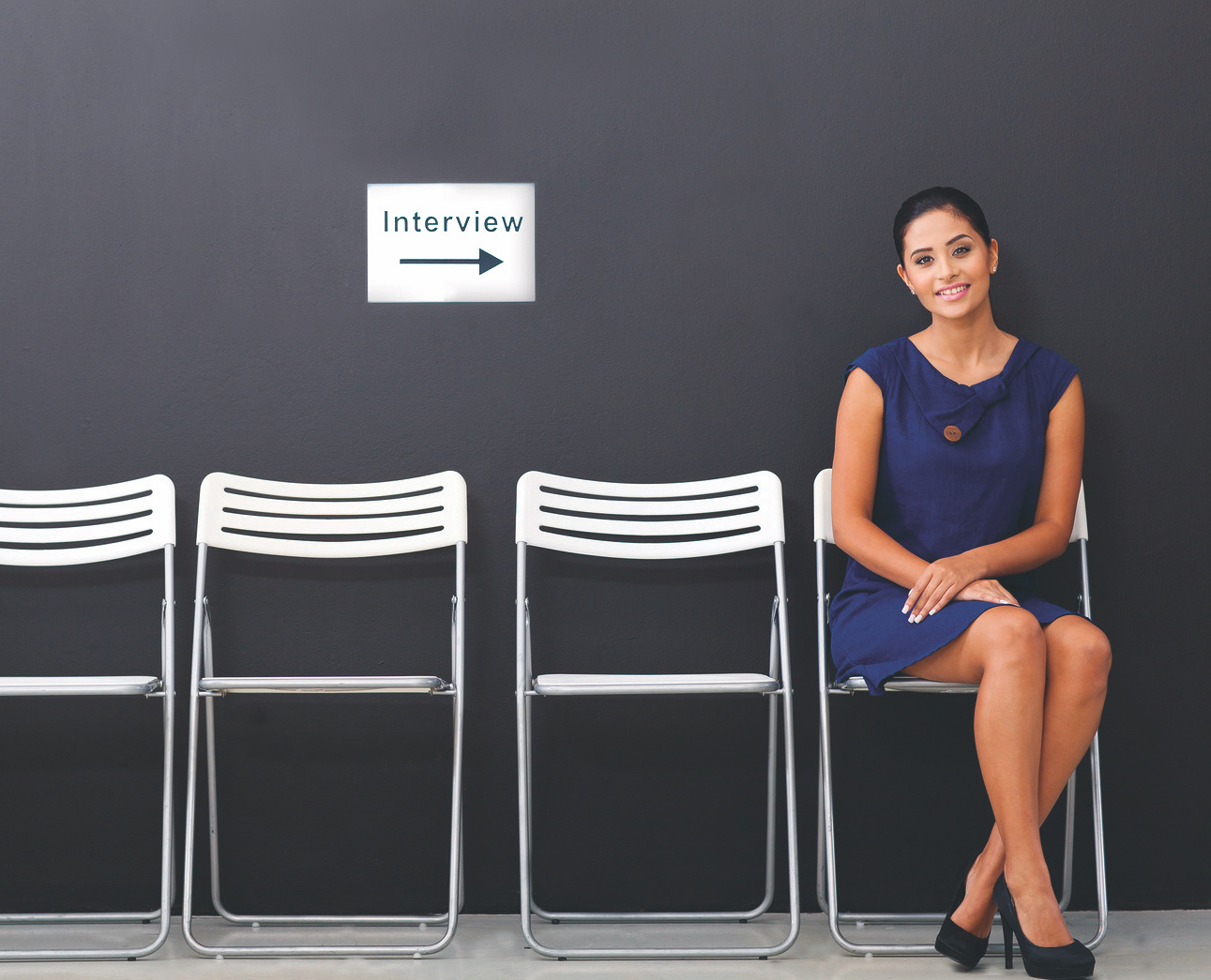How to handle this potential bias in the job interview.
By Joanna Samuels
After attending several job interviews for a customer service position, one of the participants in our supported employment program for youth with a developmental disability finally received a job offer. He was excited by this great news, especially after working so hard at his job search. We felt it was important to reflect back on all of his past interview experiences, including the one that led to the offer. We wanted to figure out why this last interview was different, as the individual had always had the experiences, skills, education and personality listed in the job descriptions. He felt that, in the final case, the interviewer really liked him and that, “we really got along.” After he explained this observation, I wondered if perhaps this was the “halo effect” in action?
Countless job seekers that I have worked with over the years have received feedback from interviewers that they are, “not a good fit.” I think it’s important that we do a deeper dive into this response and explore the halo effect, a psychological phenomenon coined by 1920s psychologist Edward Thorndike. As the theory goes, we like people who are similar to us and who we think will like us in return. In 2019, psychosocial rehabilitation specialist Kendra Cherry gave this explanation for the behaviour: “Right or wrong, we are genetically programmed to value similarity and fear difference or unfamiliarity, so we show unconscious bias towards candidates who remind us of others with whom we’ve had positive experiences. Second, once we’ve decided we like someone, our brains go about finding reasons to continue liking them— and we can see the other as an angel who can do no wrong!”
This halo effect can play a role in job interviews. Individuals hire people they like, and sometimes this overrides the fact that they lack other skills required for the job, reports Cherry, who adds that people are rarely aware this is happening. Cherry warns that it is important to understand this psychological state, but with caution—you cannot control it in other people, or the outcome of an interview.
You may not be able to eliminate the halo effect from popping up in job interviews but, according to neuropsychologist Cristina Martínez de Toda, job seekers can learn how to make it work to their benefit. She offers the following suggestions.
Be aware of your own biases
The first step to putting a stop to the halo effect is to work to eliminate it in yourself. Be conscious of when you’re wrongfully judging someone, or
if you find you don’t like someone without knowing them well. When you arrive at a job interview, be open to meeting new people and learning from them. Don’t be judgemental of the interviewers— just as you don’t want them to judge you without knowing you.
Practice and prepare
You can also consciously aim to produce the halo effect in a job interview. Before the meeting, practice interviewing and ask your job coach or someone you know well for their first impressions of you. Reflect and learn from their responses, and work out how you can improve your skills and presentation. It’s important to be yourself, but this doesn’t stop you learning different ways to interview. For example, maintaining eye contact, dressing in a professional manner, and being clean and scent-free can make a difference with the interviewer.
Smile
Smiling can influence the halo effect, as long as it’s a real smile and not forced. Having a happy demeanour can project kindness, empathy and enthusiasm for the job. Studies have demonstrated that when you smile, you produce a positive cause/ effect phenomenon: the other person smiles too! People tend to like someone who smiles, as long as it’s real and honest. Stay away from a forced “Joker-type” smile, as you will come across as fake and unlikable.
Communicate
Being clear and concise about your skills, experiences and enthusiasm for the job can boost the halo effect. Appearing honest and authentic can make a good impression. Again, you need to prepare and practise this with a job coach or someone who knows you. Avoid being negative. Keep the interview positive and listen more than you talk. Be confident in your skills and experiences when you communicate them to the interviewer.
Notice your non-verbal language
It’s important to understand that a substantial portion of our communication is non-verbal. Each day we respond to thousands of non-verbal cues and behaviours, including postures, facial expressions, eye gaze, gestures and tone of voice. From our handshake to our hairstyle, non-verbal details reveal who we are and influence how we relate to other people (Cherry discusses this at verywellmind. com/types-of-nonverbal-communication-2795397).
In a job interview, for example, the interviewer will watch and analyze how you move, your tone of voice, the way you look them in the eyes (or not) and more. Small body-language cues can give much more information than you might think.
Don’t fake it
It’s very important to understand that the halo effect is not about getting people to like you. You can’t make people like you! Be yourself. Be real. There are many facets to the processes of interviewing and job offers, of which the halo effect is just one. Do your best and an offer will come.
And finally…
Searching for a job and going for an interview is complicated and can be challenging. There is so much going on at once, from non-verbal communication to responses to questions, listening and learning about the role and company, your observations of the interviewer and your own confidence levels, to name just a few.
Wise advice:
- Be yourself.
- Do the best you can.
- Prepare and practice as much as possible prior to the interview.
Always reflect on your experience so you can improve your presentation. And with a little luck and a halo on your side, you’ll get that job offer!

Joanna Samuels, MEd, is an adult educator with an expertise in career/ job coaching and community/business partnership building. She is also is an employment resource supervisor at reena.org.














